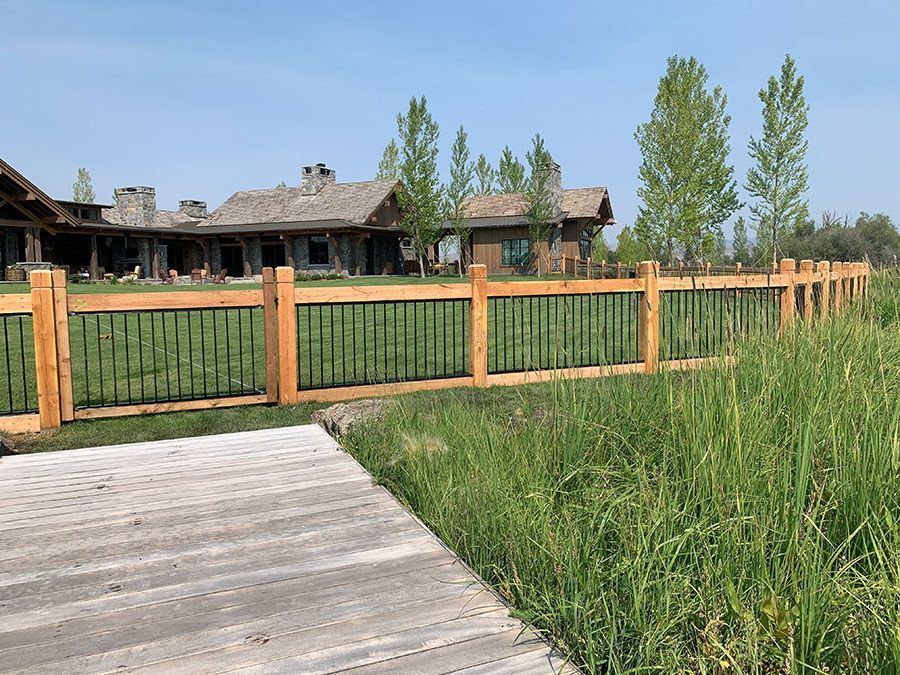Choosing the right fencing for your property can be challenging. Let’s break down the differences between continuous panel fencing and traditional options to help you decide.
Cost and Material Breakdown
The type of materials used in your fencing directly impacts its cost and functionality:
- Continuous Panel Fencing: Made from welded steel, this type of fencing is built for long-term strength and resilience. Though the upfront cost can be more, it saves money in maintenance down the road.
- Traditional Fencing: Comprising materials like wood, barbed wire, or vinyl, traditional fencing is often cheaper initially, but frequent repairs or replacements can add up over time.
Durability and Care: A Key Comparison
Considering long-term durability and maintenance, here's how the two types of fencing measure up:
- Continuous Panel Fencing: Designed for toughness, continuous panel fencing can withstand harsh weather and livestock-related impacts. It requires very little maintenance, typically only occasional cleaning or rust treatment.
- Traditional Fencing: Wooden fences can rot due to weather, while barbed wire and vinyl may degrade. Regular maintenance is required to keep traditional fences functional and visually appealing.

Visual Appeal of Fencing Types
The visual impact of your fence contributes to your property’s overall charm:
- Continuous Panel Fencing: With its clean and modern appearance, continuous panel fencing is suitable for both residential and farm settings, and can be tailored with different finishes and accessories.
- Traditional Fencing: Wood and vinyl fences offer a classic, rustic charm, while barbed wire focuses more on practicality than aesthetics.
Best Applications for Each Fencing Type
Different fencing types serve different purposes:
- Continuous Panel Fencing: Perfect for securing livestock, delineating property boundaries, and in areas where high durability is essential.
- Traditional Fencing: Works well for smaller enclosures, decorative purposes, or areas with limited budget constraints.
Final Thoughts: Which Fence is Best for You?
Deciding between continuous panel fencing and traditional fencing comes down to what matters most to you:
- For long-term durability and low maintenance, continuous panel fencing stands out as the best option for durability and minimal upkeep.
- For a more budget-friendly or decorative option, traditional fencing may offer a more affordable and visually appealing alternative.
Consider your budget, property needs, and aesthetic preferences to choose the ideal fencing option.